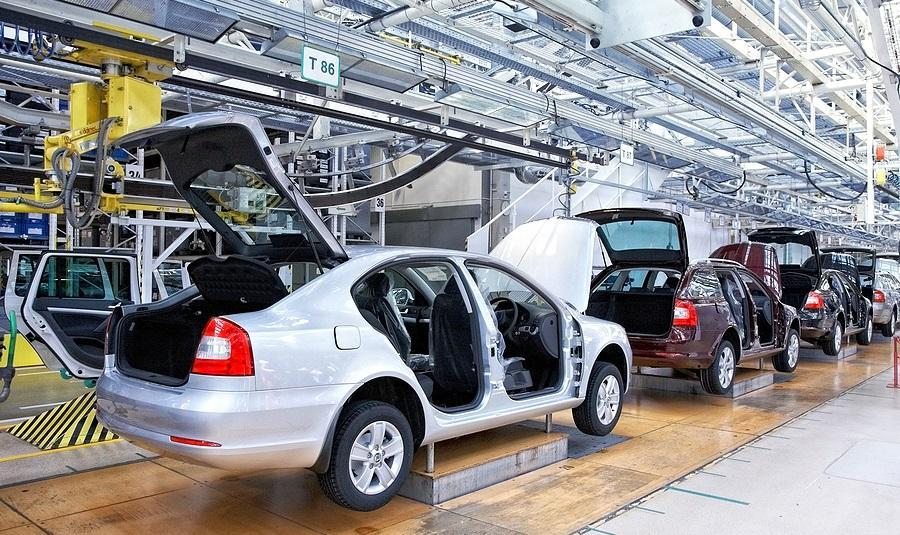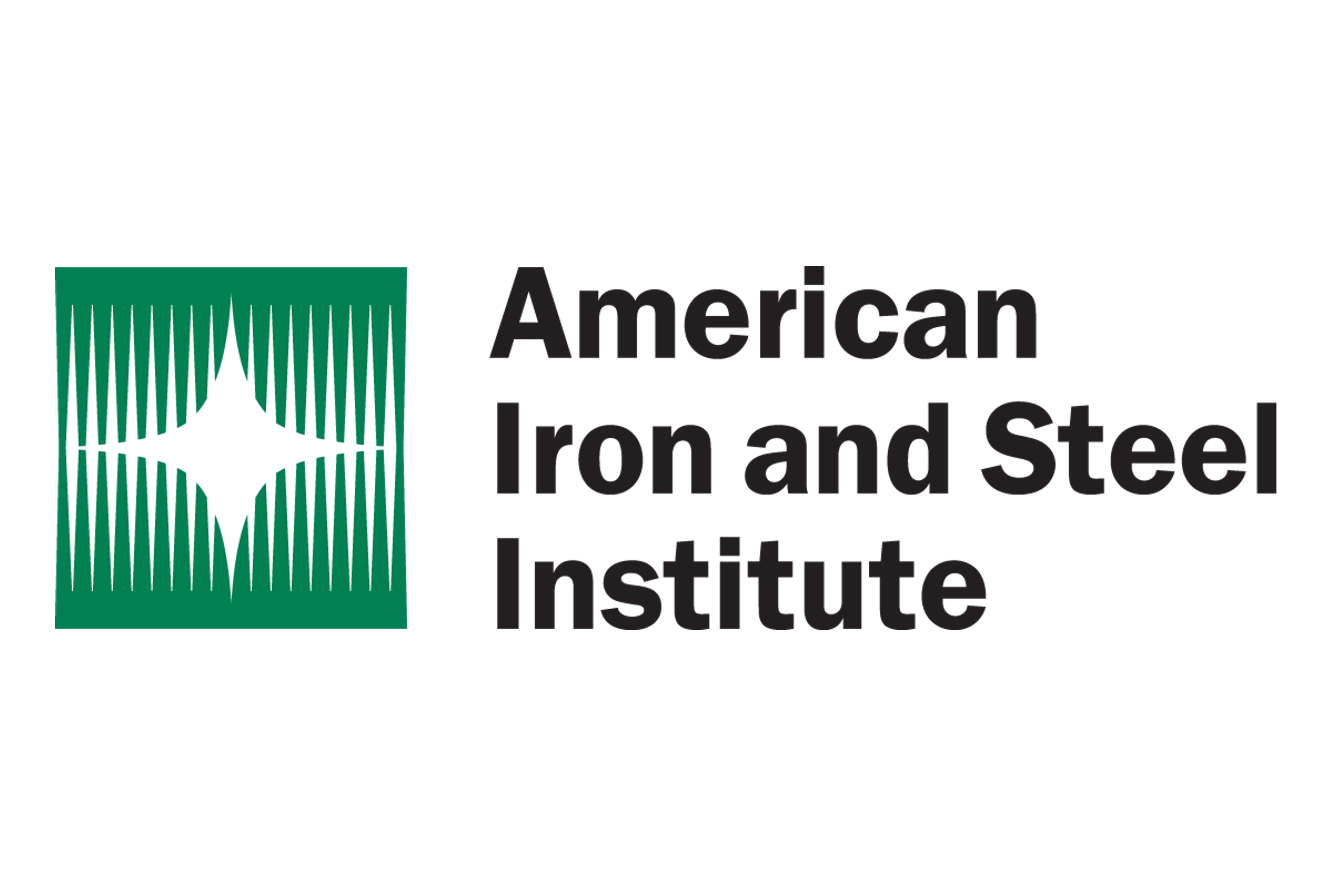Analysis

January 7, 2022
Auto Mixed on Improved Chip Supply, COVID-Related Labor Questions
Written by Michael Cowden
While some automakers think the chip shortage may be mostly behind them, others continue to struggle with supply-chain and labor issues – the latter stemming from a surge in COVID cases linked to the Omicron variant.
Here is where things stand with three of the largest automakers in North America.
![]() Chrysler
Chrysler
Stellantis – the European parent company of Auburn Hills, Mich.-based Chrysler – is taking downtime at several of its North American assembly plants “to align production with global sales,” a company spokeswoman said.
The downtime at the plants began on Monday, Jan. 3. Further details are below:
• Chrysler’s Belvidere, Ill., assembly plant will remain down through Friday, Jan. 14. Belvidere makes the Jeep Cherokee SUV.
• The company’s Brampton, Ontario (Canada), plant will be down through Wednesday, Jan. 26. It makes the Chrysler 300, Dodge Charger and Dodge Challenger cars.
• Chrysler’s plant in Windsor, Ontario, will be down through Friday, Jan. 21. The Windsor facility makes the Chrysler Pacifica, Chrysler Voyager and Chrysler Grand Caravan minivans.
• The company’s assembly plant in Toluca, Mexico, will also be down through Jan. 21. The Toluca plant makes the Jeep Compass compact SUV.
Chrysler is also grappling with an increase in COVID cases. But that issue has not to date impacted operations, the spokeswoman said.
“Just as communities across the country have seen an uptick in COVID cases, we have also seen an increase in cases among our employees, resulting in higher-than-normal absenteeism,” she said. “Our manufacturing teams have been able to manage our operations to keep our plants running safely.”
Toyota
The Japanese automaker – which in 2021 became the best-selling vehicle maker in the U.S. – resumed operations after planned holiday shutdowns on Tuesday, Jan. 4. But Toyota continues to wrestle with shortages of both parts and labor, a company spokeswoman said.
“We are still ramping back up, but COVID and employees who are out ill or on quarantine are definitely becoming a larger issue again. I don’t have any specifics to share about the numbers or challenges at this point,” she said.
Toyota, as SMU reported in December, continues to expect that it will produce 40,000-50,000 fewer vehicles than initially expected in January because of “ongoing challenges with our supply chain, the spokeswoman said.
General Motors
Detroit-based GM, the largest domestic automaker, said that the microchip situation was getting better.
“Given the improved flow of semiconductors in our supply chain, General Motors is resuming two shifts of production at both Fairfax Assembly (Kansas) and Ramos Assembly (Mexico) beginning the week of Monday, Jan. 31,” a company spokesman said.
That will allow the automaker to increase production of popular vehicles that have been in “tight supply” – including the Cadillac XT4, Chevrolet Blazer and Chevrolet Equinox SUVs, he said.
Both Fairfax and Ramos had resumed limited output – Fairfax with one shift or production of the Chevrolet Malibu car on Nov. 1, 2021, and Ramos with one shift of Blazer production on Oct. 18, 2021. But neither had returned to two full shifts.
Dearborn, Mich.-based Ford Motor Co. has no news to report, a company spokeswoman said. Honda referred SMU to a stock statement that provides little detail and is typically rolled from one week to the next.
By Michael Cowden, Michael@SteelMarketUpdate.com







